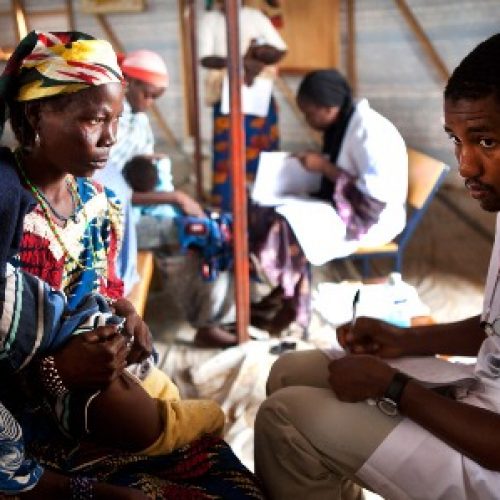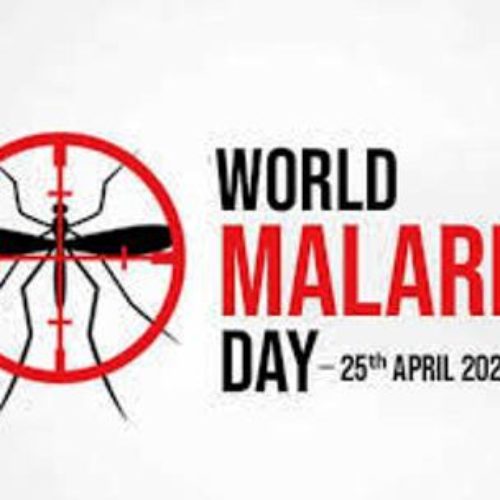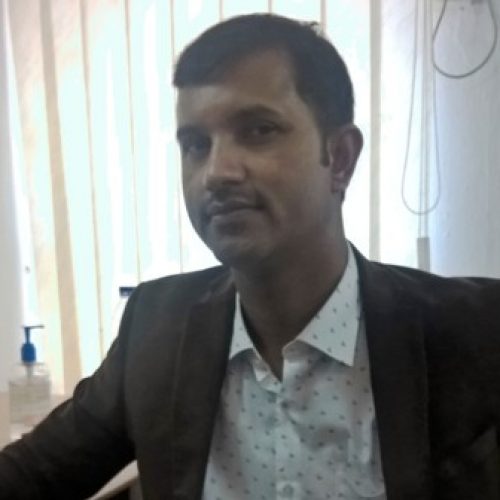Canada joins ‘16 days of activism’ with N16bn worth initiatives
ABUJA – The Canadian government has launched initiatives worth N16 billion to help end gender-based violence in Nigeria.
Kicking off the UN campaign initiative of “16 days of activism” at Kichingoro primary health centre in Abuja at the weekend, the Canadian High Commissioner-Designate, Philip Baker said the projects were aimed at improving sexual and reproductive health and rights of young women in the country.
He said: “These important projects, which represent an investment of nearly 11 billion naira, will help increase the availability of, and access to critical health commodities and services for women and girls, and also help prevent and address gender-based violence in Nigeria, including female genital mutilation and cutting.”
The projects will be implemented by Save the Children Nigeria, United Nations Population (UNFPA), and the Clinton Health Access Initiative (CHAI).
It reflects Canada’s continued support for reproductive, maternal and child health in Nigeria, which includes addressing the gaps in sexual and reproductive health services among women,” said Baker.
In his remark, Acting Country Representative, UNFPA, Dr Eugene Kongyuy, said continued perpetuation of gender-based violence and harmful traditional practices undermine efforts by both the Federal Government and international actors to empower women and girls and advance gender equality.
He thanked the Canadian government for the project “that strives to end sexual and gender-based violence, and create an enabling environment and empower women to ensure the health and wellbeing of all.”
Wife of the Senate President and founder/president, Wellbeing Foundation Africa (WBFA) commended effort of the Canadian government in funding projects that are designed to change the lives of people, especially women, whom she said, are statistically more victims of gender-based violence.
Mrs Saraki, who was represented by Mr Andy Gabriel, said: “This move is greatly appreciated and applauded, as the ripple effect it will have on society will be apparent for generations. Gender-based Violence is a challenge we face within our society today, as it is in other parts of the world.
“For various socio-cultural and religious reasons, women have been subjected to discrimination and bias for centuries, and this has resulted in their treatment as second class citizens within the society, which is a fuel for their being abused and exploited. To this end, we are responsible for developing a functional system that will protect women and girls within our society, and give the voice and platform they need to establish themselves in society. As a daughter, wife and mother to three wonderful daughters, I cannot overemphasize how important it is to protect the rights of women and girls, as this will enable them achieve their goals and live their dreams.
“According to the National Demographic and Health Survey (2013), data shows that the incidence of gender based violence (GBV) is growing astronomically, especially with the activities of insurgency in the north-east. From forced and early marriages to the physical, mental or sexual assault on a woman, nearly three in 10 Nigerian women have experienced physical violence by age 15. This statistics is indeed staggering, as it draws to light the need to initiate programs with the ones we are here to launch today. It is our collective responsibility to create a safe world for our women and girls.”
Mrs Saraki recalled a recent death of Ochanya Ogbanje, a 13 years old victim of rape who subsequently died from complication due to Vesico-Vagina Fistula (VVF).
She said her case is a testament to the need for an integrated stakeholders approach to protecting the lives of women and girls.
According to her, there are millions of girls within Nigeria who are suffering from various degrees of abuse, whom she said could not speak out and are being lost every day.
“It is our individual and collective responsibility to identify these abuses within our communities, speak on behalf of these victims, and ensure that justice is served to the perpetrators. In Nigeria, according to a recent UNICEF data, 44% of girls are married off before their 18th birthday, and 17% are married off before they turn 15 years. The prevalence of child marriage vary widely from one region to another, with figures as high as 76% in the north-west region, and as low as 10% in the south-east region.
“To this end, the Wellbeing Foundation Africa has partnered with the Girls Not Brides Global Initiative, to join other stakeholders in leading the advocacy for an improved policy to stop the menace of child marriage in Nigeria, and ensure that perpetrators are punished as necessary.
“The need for policy development and implementation has become necessary as only 23 out of the 36 states in Nigeria have taken concrete steps to implement the minimum age of marriage, which according to the Child Rights Act of 2003 is set at 18 years.”
About author
You might also like
Revealed! Doctors still treat malaria without test
USAID raises alarm Chloroquine still being produced and prescribed in the country Nation remains too endemic despite huge spending on control. We have a long way to go, says USAID
World Malaria Day: Global partnership tasks countries on timely action against malaria
The Roll Back Malaria (RBM), a partnership towards ending malaria, has called on countries to act and save almost 400,000 additional lives from malaria, even as the world was grappled
Nigeria is far behind in modern cancer treatment – Indian Cancer specialist
A renowned Indian radiation oncologist (specialist in cancer treatment) Dr. Madhusudhan, currently on a visit to the country, says Nigeria is still lagging behind in the use of modern technologies






0 Comments
No Comments Yet!
You can be first to comment this post!